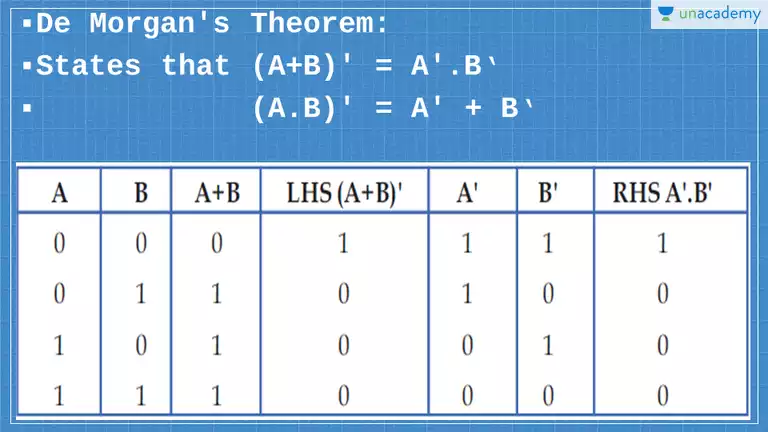Week 6
Conditionals¶
You Will Understand Why We Need Conditions¶
- To make decisions based off different inputs.
- Perform different actions in the same program.
Basics¶
- if, switch, else if
- boolean expression, boolean variable, boolean method call
- executes or bypasses statements in block
1 2 3 4 5 6 7 8 9 10
if (x > 0) { System.out.println("x is positive"); } else if(x == 0) { System.out.println("x is 0"); } else { if( x > -10 ) { System.out.println("x is negative, but barely"); } System.out.println("x is negative"); }
Relational operators OR Comparison Operators¶
1 2 3 4 5 6 7 8 | |
Logical operators¶
1 2 3 | |
Short Circuit Evaluation¶
- The first condition that satisfies the condition stops evaluation
DeMorgan’s Law¶
1 2 | |
Recursion is Important¶
- But we’re not going to cover that much in this class
Review¶
- Modulus
- Variables in methods
- Why we use methods
- class/static vs public/object/instance
